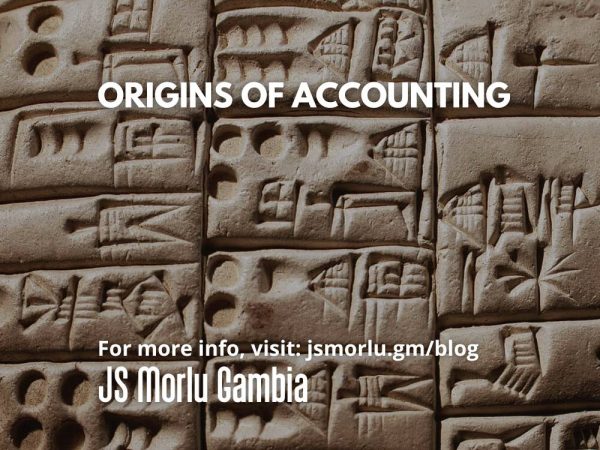Accounting is a system of recording and summarizing financial transactions. It is used to track the financial performance of a business, make informed decisions, and comply with regulations.
The earliest evidence of accounting dates back to ancient Mesopotamia, where clay tablets were used to record transactions. The first known bookkeeping system was developed by the Babylonians in the 2nd millennium BC. This system used a double-entry system, which is still used today.
The first person to write about accounting was Luca Pacioli, an Italian monk. In his book Summa de Arithmetica, Geometria, Proportioni et Proportionalita, published in 1494, Pacioli described the double-entry system in detail. This book is considered to be the foundation of modern accounting.
Accounting has evolved over time to meet the needs of businesses and governments. Today, accounting is a complex and sophisticated discipline that is used by businesses of all sizes around the world.
Who Invented Accounting?
The exact origin of accounting is unknown, but it is believed to have developed in ancient civilizations as a way to track and record financial transactions. The first known bookkeeping system was developed by the Babylonians in the 2nd millennium BC. This system used a double-entry system, which is still used today.
The first person to write about accounting was Luca Pacioli, an Italian monk. In his book Summa de Arithmetica, Geometria, Proportioni et Proportionalita, published in 1494, Pacioli described the double-entry system in detail. This book is considered to be the foundation of modern accounting.
Pacioli is often credited with inventing accounting, but it is more accurate to say that he formalized and codified the practice. Accounting had been developing for centuries before Pacioli’s book, but he was the first to put it all together in one place.
Pacioli’s work had a profound impact on the development of accounting. It helped to standardize accounting practices and made it easier for businesses to communicate their financial information to investors and creditors. Pacioli’s work also helped to lay the foundation for the modern accounting profession.
The Evolution of Accounting
Accounting has evolved over time to meet the needs of businesses and governments. In the early days, accounting was primarily used to track and record financial transactions. However, as businesses grew and became more complex, the need for more sophisticated accounting systems arose.
The following are some of the key events in the history of accounting:
- 2nd millennium BC: The Babylonians develop the first known bookkeeping system.
- 1494: Luca Pacioli publishes Summa de Arithmetica, Geometria, Proportioni et Proportionalita, which describes the double-entry system.
- 1840: The first accounting firms are established in the United States.
- 1934: The Securities and Exchange Act of 1934 is passed, which requires publicly traded companies to file financial statements with the Securities and Exchange Commission (SEC).
- 1973: The International Accounting Standards Committee (IASC) is founded to develop international accounting standards.
- 2001: The Sarbanes-Oxley Act of 2002 is passed, which establishes new regulations for public companies in the United States.
Today, accounting is a complex and sophisticated discipline that is used by businesses of all sizes around the world. Accounting plays an essential role in the global economy by providing businesses with the information they need to make informed decisions and by helping investors and creditors to make sound financial decisions.
